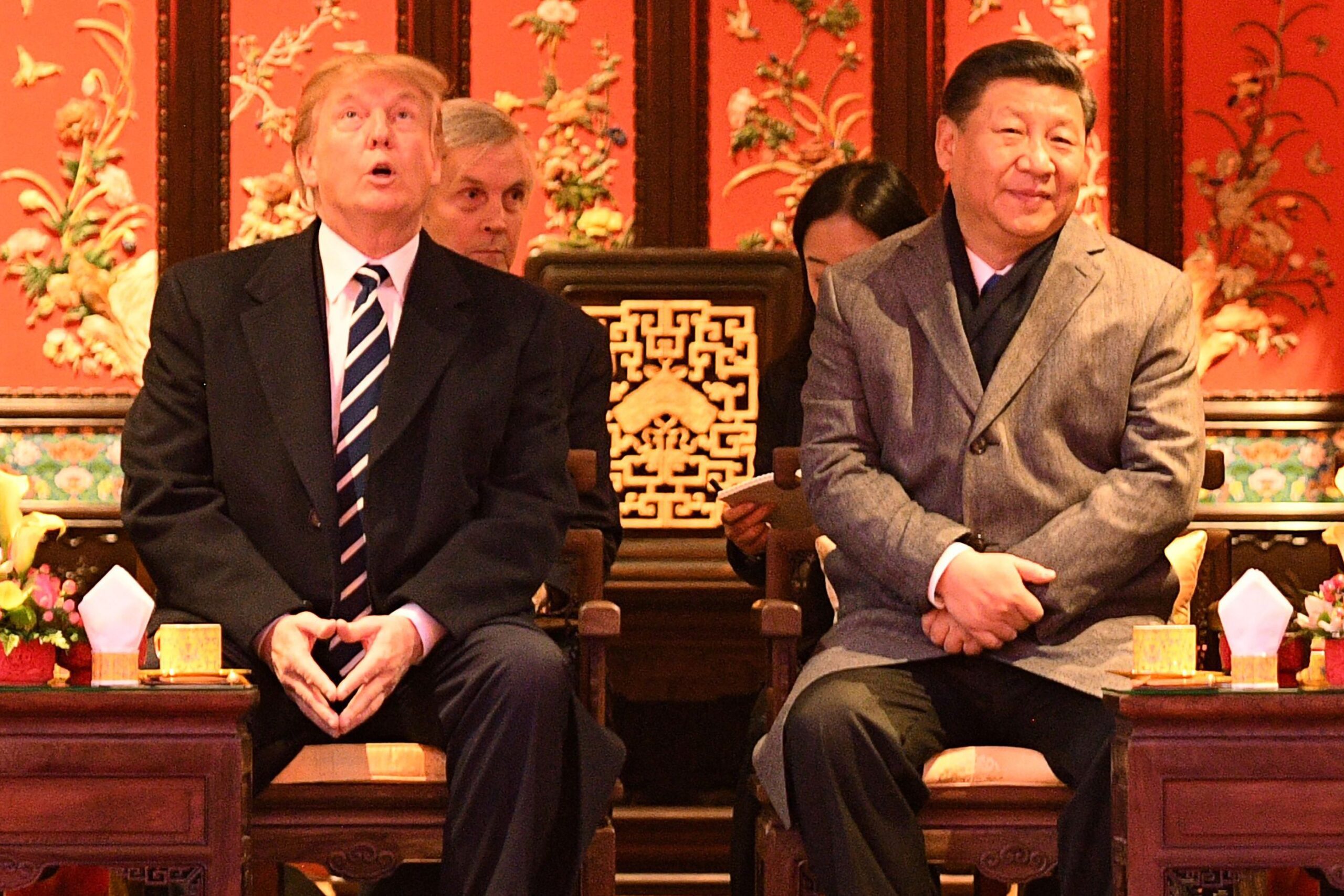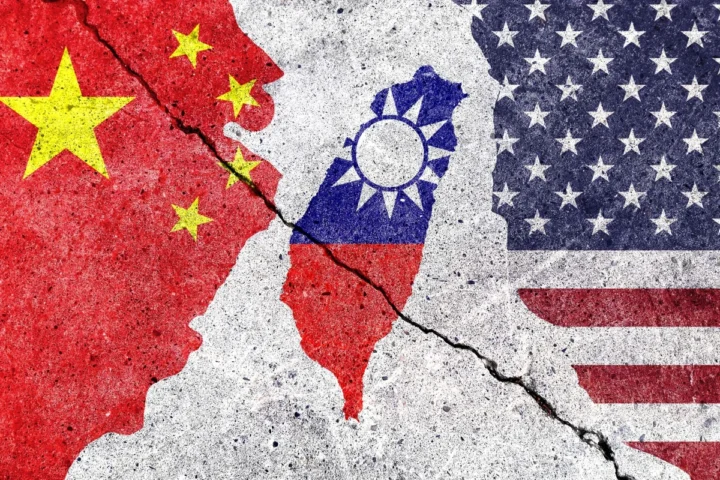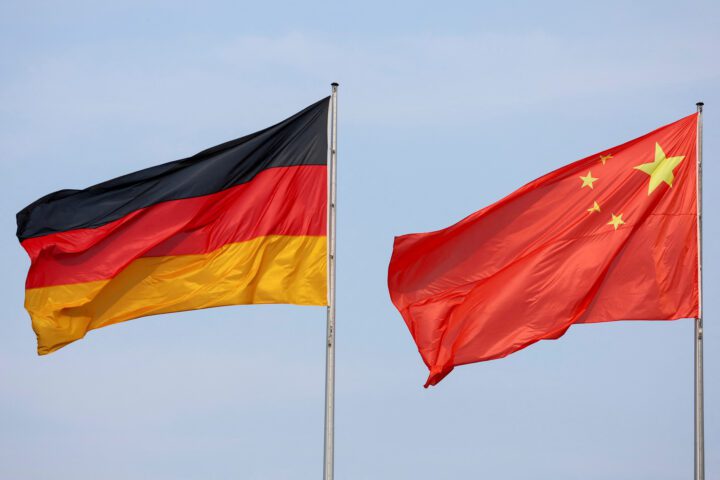The Grand Chessboard
As the world’s two largest economies, the United States and China continue their high-stakes game of geopolitical chess, vying for global influence amidst escalating rivalry. Tensions have grown over trade, technology, and sovereignty claims in the South China Sea, with Taiwan and semiconductor export controls serving as recent flashpoints. Yet, as the first 100 days of the new U.S. administration unfold, Beijing may have a window of opportunity to arrest the decline in US-China relations.
The Stakes and the Stats
The U.S.-China relationship is one of the most consequential of our time, affecting everything from global economic stability to climate change. A recent statement from the Biden administration underscored this, stating that their approach to China would be “competitive when it should be, collaborative when it can be, and adversarial when it must be.” The stakes are high, with the U.S. Congressional Research Service estimating that the American economy lost up to $1.6 trillion in output over 2019 and 2020 due to the trade war alone.
The Decline in US-China Relations
The Taiwan issue and semiconductor export controls have emerged as significant points of contention. China’s assertive posture toward Taiwan, which it sees as a breakaway province, has caused alarm in Washington. The U.S. has responded by increasing its military and diplomatic support for Taiwan, risking Beijing’s ire. On the technology front, the U.S. has sought to restrict China’s access to advanced semiconductors, a vital component for its tech giants and military. These moves have led to a tit-for-tat escalation, increasing the risk of a more serious confrontation.
Window of Opportunity
The first 100 days of a new administration are traditionally seen as a crucial period for setting the tone of its policy agenda. For Beijing, this could mean an opportunity to influence the character of U.S.-China relations under the new administration. Early engagement and dialogue could be key in preventing further deterioration of ties and establishing a more constructive relationship. However, this would require a delicate balancing act from Beijing, which would need to demonstrate a willingness to address contentious issues without appearing to back down.
The Road Ahead
Looking ahead, the trajectory of the U.S.-China rivalry will hinge on how both sides navigate these early days. If Beijing can successfully engage the new administration and show progress on key issues, it could help deescalate tensions and create a pathway for more positive engagement. However, failure to do so could entrench hostilities, with implications not just for the U.S. and China, but for the global economy and security.
Indeed, the Center for Strategic and International Studies warns that the U.S.-China rivalry could “reshape the global order,” noting that the competition is not just about the two countries but “about the kind of world we will live in.”
It is clear that the stakes are high. But as the world watches this grand chess game unfold, it is crucial to remember that the moves made now will shape the global landscape for years to come. The first 100 days of the U.S. administration present a critical opportunity for Beijing to influence the course of this rivalry. The question is whether they can, and will, seize it to stop the decline in US-China relations.






